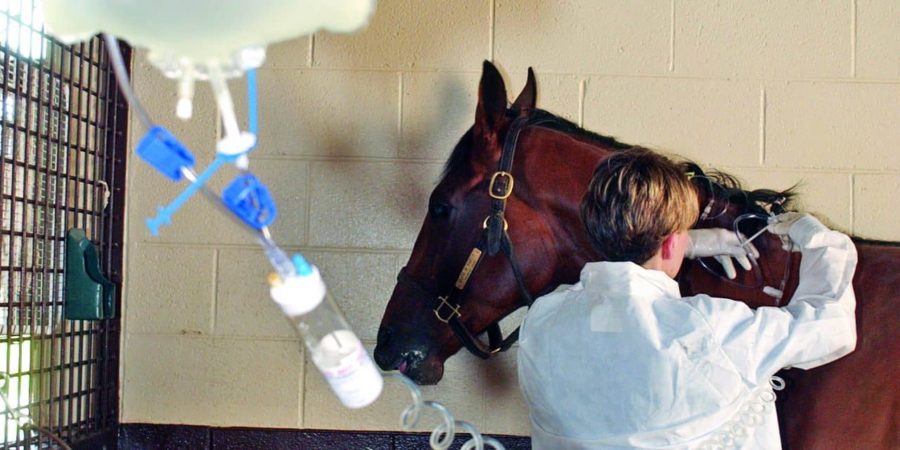A virus is shaking the equestrian community — but it’s not COVID
Just as horse shows are making a comeback from COVID-19 closures, equestrians are now facing another pandemic. Equine herpesviruses (EHV) can be found in most horses, and many horses have been infected by the virus with no serious side effects. Out of the nine viruses in the Equine herpesvirus family, EHV -1, -3, and -4 are the most dangerous for domestic horses. The respiratory and neurological forms of this disease have been found to be the most concerning, and this disease has already devastated barns in Europe and parts of Canada.
At this point in time, there are only a handful of known cases in the United States, but with all of the winter circuits taking place right now, it is imperative that equestrians become informed.
The World Equestrian Center in Ocala, FL has put out a statement regarding the outbreak, “Ocala management has been made aware that a horse in the Ocala area has tested positive for Equine Herpesvirus (EHV-1). There have been no positive cases at World Equestrian Center – Ocala.” HITS Ocala, where a horse found to be positive, also released a statement, “There is only ONE infected horse. It is doing well and responding to treatment. It has been at the University of Florida – Gainesville for several days.”
Barns travel from all over the country and sometimes from farther to compete in Florida during the winter months, so having horses from all over go back to their original homes after possibly being exposed could prove dangerous. Not to mention, horses are commonly imported from Europe and many are brought to these winter circuits to be sold.
Equine herpesviruses are contracted through direct and indirect contact and can also be airborne. There is a vaccine, but it only helps to prevent the respiratory strain. There is currently no licensed vaccine to prevent the neurological form of EHV-1. In an attempt to stop the spread, the FEI has canceled international events in 10 countries until at least March 28th.
For more information on outbreaks in specific areas, go to the Equine Disease Community Center website and use the interactive map. Once you click on a state, it will display a list of recent and past cases.
Catie Ries is currently a sophomore at South Lakes High School. She is a staff writer for The Sentinel. She is also a competitive equestrian.














